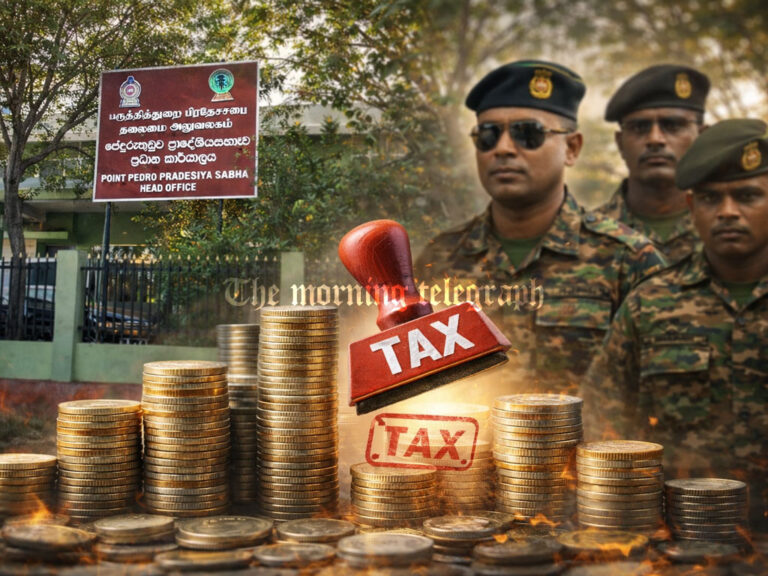
Economic analysts are hailing Sri Lanka’s recent agreement with international commercial creditors to restructure more than $17 billion in foreign debt as a landmark achievement for the country’s financial recovery.
Sri Lanka, which faced a severe economic crisis in the first half of 2022, officially declared itself unable to repay its foreign debts on April 12 of that year. In response, the nation entered into a debt restructuring program with the International Monetary Fund (IMF) to address its obligations of around $37 billion in foreign debt.
The initial phase of this program saw the completion of domestic debt restructuring, followed by successful negotiations with bilateral creditors such as the Paris Club, India, and China. By July, Sri Lanka had restructured $5.8 billion worth of debt with 17 nations, marking a significant step in restoring financial stability.
Yesterday, Sri Lanka reached a crucial agreement with international bondholders to restructure over $17 billion in foreign debt. Under this deal, bondholders agreed to a 40.3% reduction in the current value of the debt, significantly lowering the country’s repayment obligations. This move is expected to provide much-needed relief and stabilize the economy, with interest payments expected to decrease.
The Ministry of Finance emphasized that this restructuring would enhance the country’s financial stability. Sri Lanka now stands to benefit from debt relief totaling $2.4 billion from China’s Exim Bank, $2.9 billion from the Official Creditors Committee, $2.5 billion from the China Development Bank, and $9.5 billion from the IMF program.
Following this agreement, Sri Lanka has now completed all stages of its debt restructuring process. Officials expect the country to be officially declared as free from bankruptcy in the near future.
President Ranil Wickremesinghe expressed his gratitude to Sri Lanka’s creditors, the IMF, and the Secretariat of the Official Creditors’ Committee for their assistance throughout the restructuring process. He met with representatives from Lazard and Clifford Chance to thank them personally for their role in facilitating this recovery.
Economists, including Murtaza Jafferji, President of Advokata Economic Research Institute, have described the completion of the debt restructuring as a “revolutionary victory” for debt sustainability. Jafferji emphasized that the restructuring would lower interest rates from the previous 6.5%-7% to around 3%, reducing future financial burdens and helping prevent future defaults.
The positive outcome of the debt restructuring has already begun to influence the local market. Sri Lanka’s stock market saw the total price index rise by 81.94 points to 10,966.51, with a total turnover of 1.3 billion rupees. Bank stocks, in particular, recorded significant growth as a result of the news.
With these accomplishments, Sri Lanka is now poised for economic recovery, marking the beginning of a new chapter of financial stability and growth.




